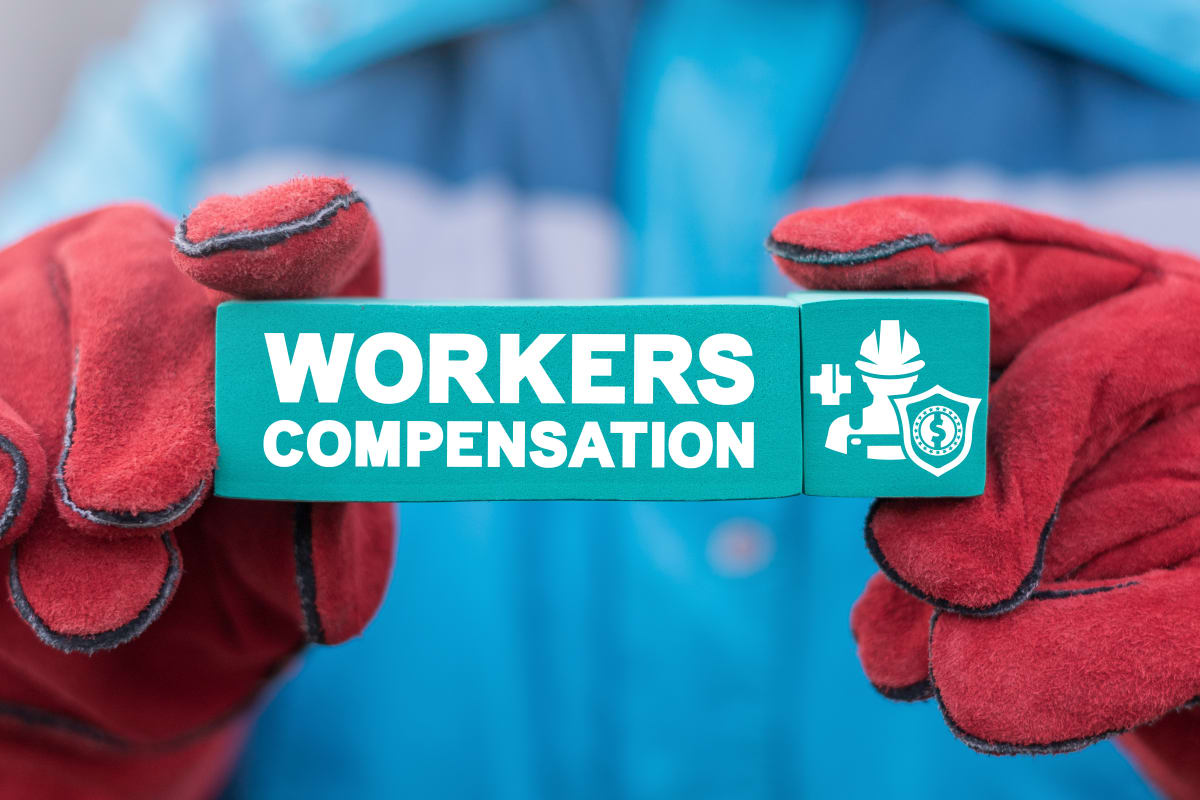Being self-employed gives you the luxury of working in your own office or home, you don’t have to answer to bosses, and you get to do what you’re passionate about. There are some complications to self-employment, however. One big point of confusion is whether workers’ compensation insurance for self-employed workers is necessary or not. Today, we’re going to break down what it means to have workers’ comp and whether or not it’s something you should have on your side.
What Is Workers’ Comp?
Workers’ comp insurance gives employees a financial safety net in the event that they’re injured at work. It’s meant to cover things like lost wages, medical expenses, the cost of your personal injury lawyer, and any other traumas involved with a workplace accident.
Most states require their employers to purchase workers’ compensation. If you’re self-employed it becomes a bit more clouded.
Do You Need It When You’re Self-Employed?
There are several self-employment scenarios that’ll dictate whether or not you should purchase workers’ comp. First, if you’re mainly employing independent contractors, your state laws will determine whether or not you have to provide them with workers’ comp. This is all based on how they classify the word “employee”.
If you’re supposed to provide it and don’t, your state may penalize you with civil and criminal fines. It’s best to review the workers’ comp laws in your state to figure out what the best course of action is.
When you yourself are an independent contractor or you work alone and for yourself, things are even more complicated. It can be difficult to purchase workers’ comp for yourself because the larger companies don’t view it as a worthwhile investment.
How to Get Workers’ Comp. Insurance for Self-Employed Workers
Although it can be difficult, you may benefit from getting workers’ comp for various reasons. It might be to fulfill the terms of an employment contract that you’re a part of. It could also be to guard against a downfall of work and medical bills after you’ve been injured.
One of the things that you can do is check to see if your state has a Workers’ Compensation Fund. These are state-sponsored and generally allow self-employed workers to apply for coverage.
Unfortunately, it’s a difficult road for the self-employed. Unless you’ve got a job that puts you at risk of injury, like construction, you’re not likely to be approved for workers’ compensation. If you are approved, your premiums might be massive.
Be Safe Out There
Figuring out how to get workers’ compensation insurance for self-employed workers is no small feat. It’s going to require a lot of research into state laws and what your classification is as an employee. It’s one of the biggest pitfalls of self-employment, but it’s completely worth it to protect yourself.
By John Pearson
John is a serial entrepreneur and writer who is passionate about helping small businesses launch and grow. His work has been featured in Huffington Post, Entrepreneur, and Forbes.
Disclaimer: The content on this page is for information purposes only and does not constitute legal, tax, or accounting advice. If you have specific questions about any of these topics, seek the counsel of a licensed professional.
Insurance Resources





